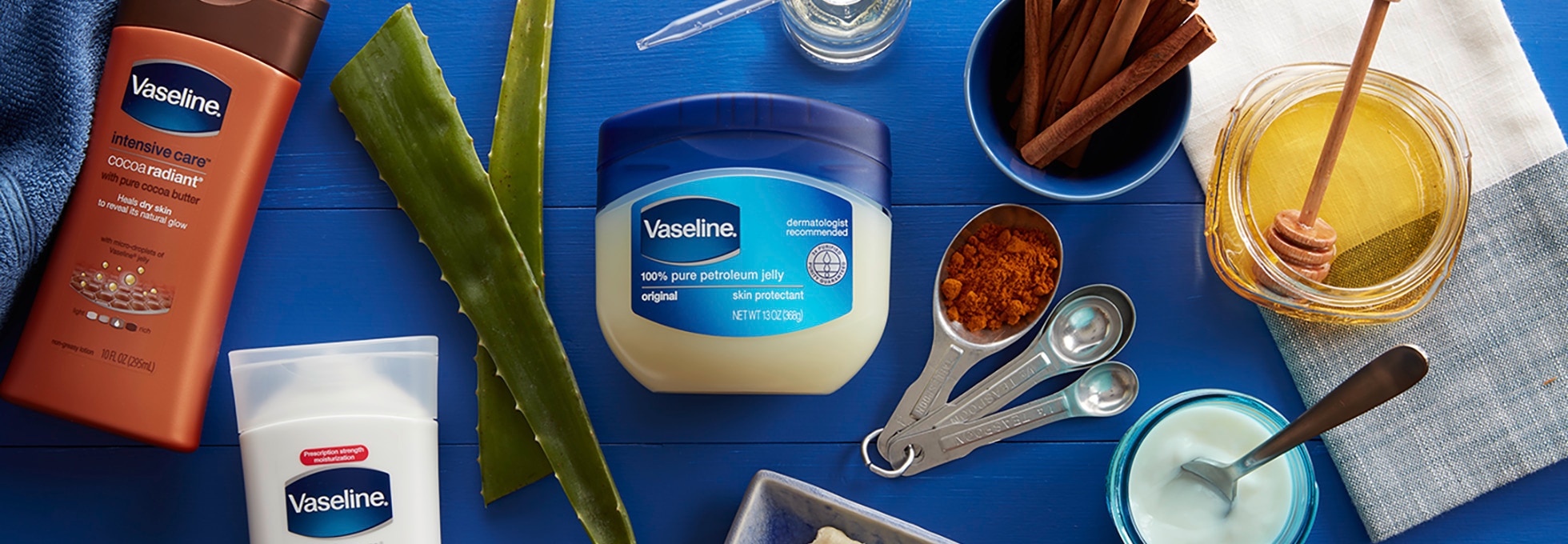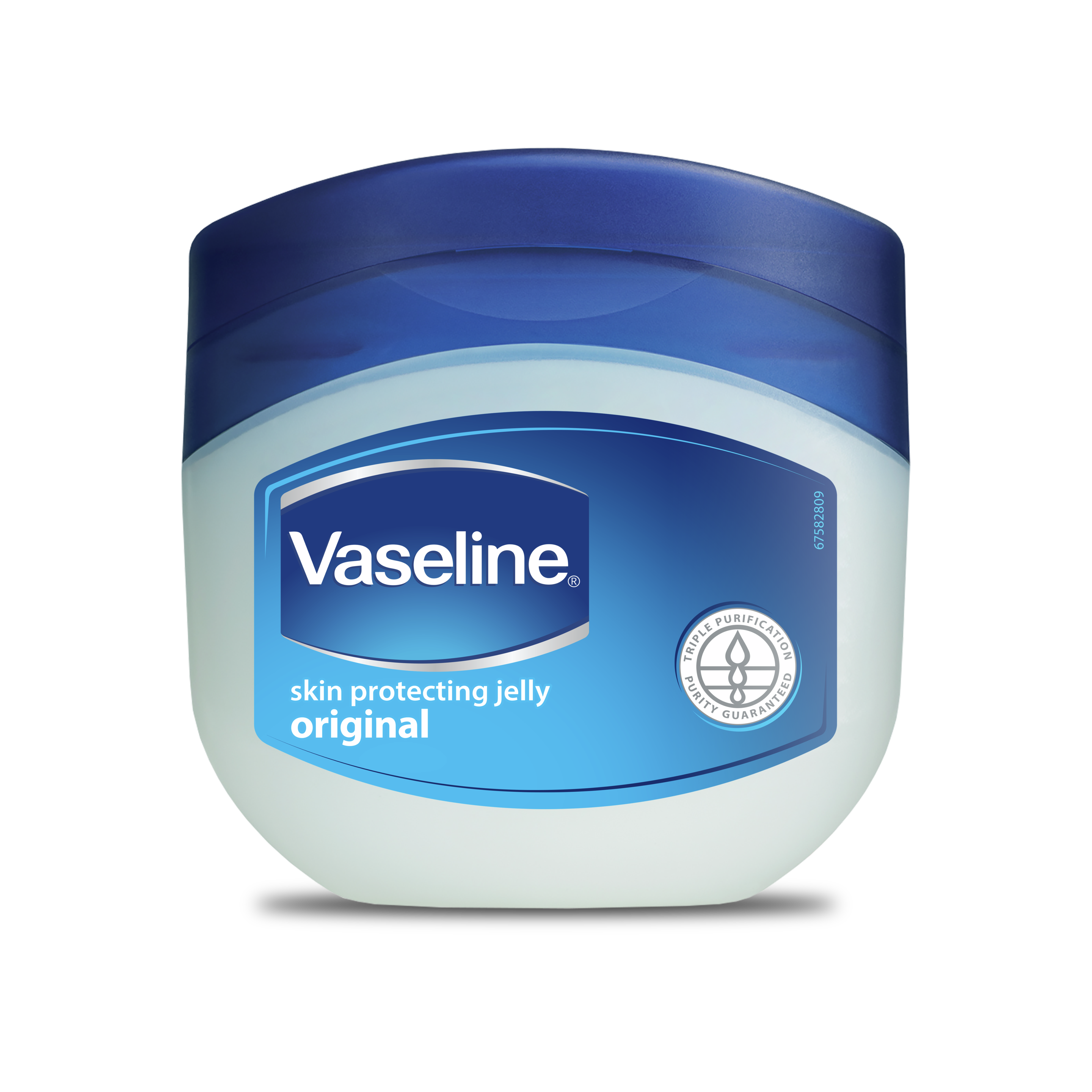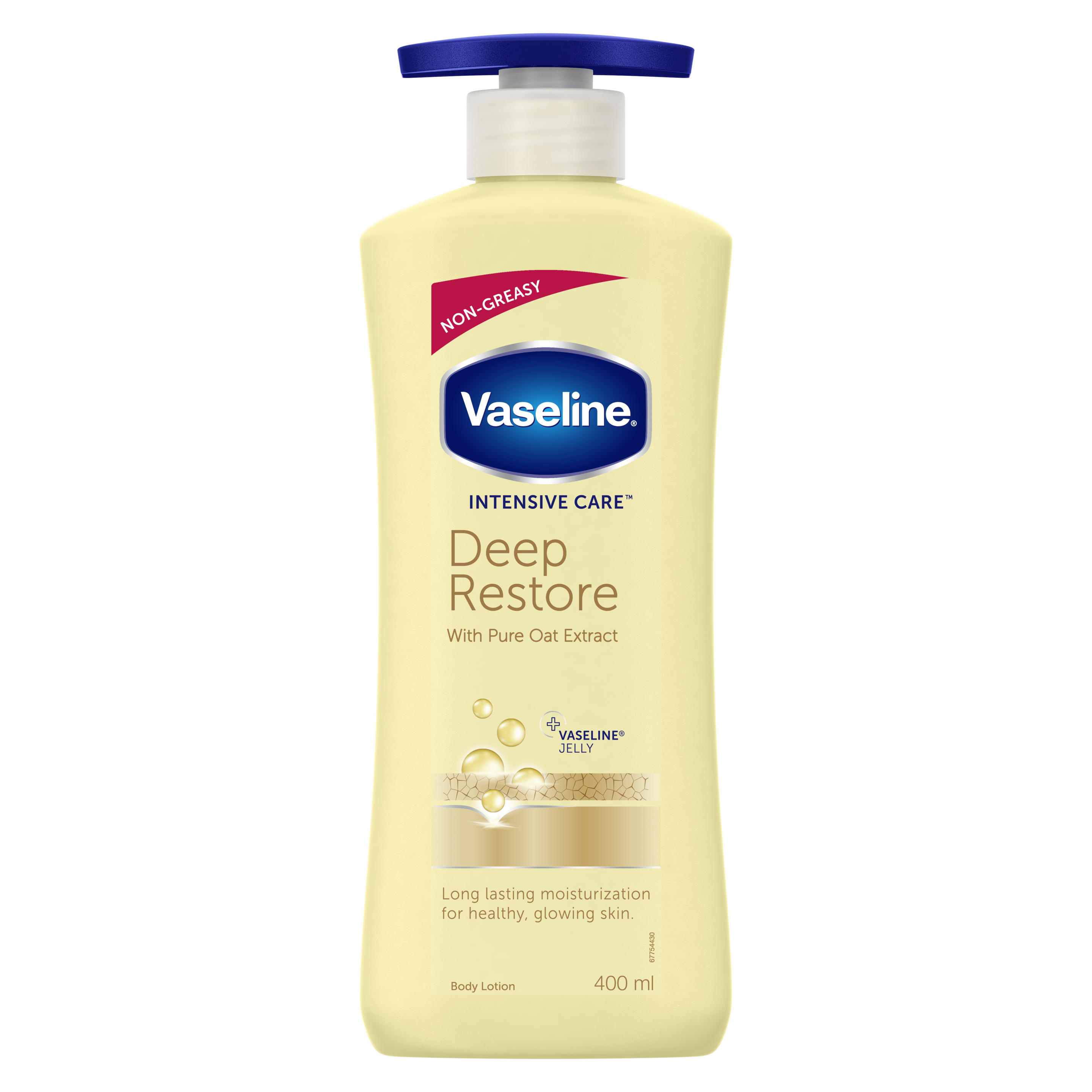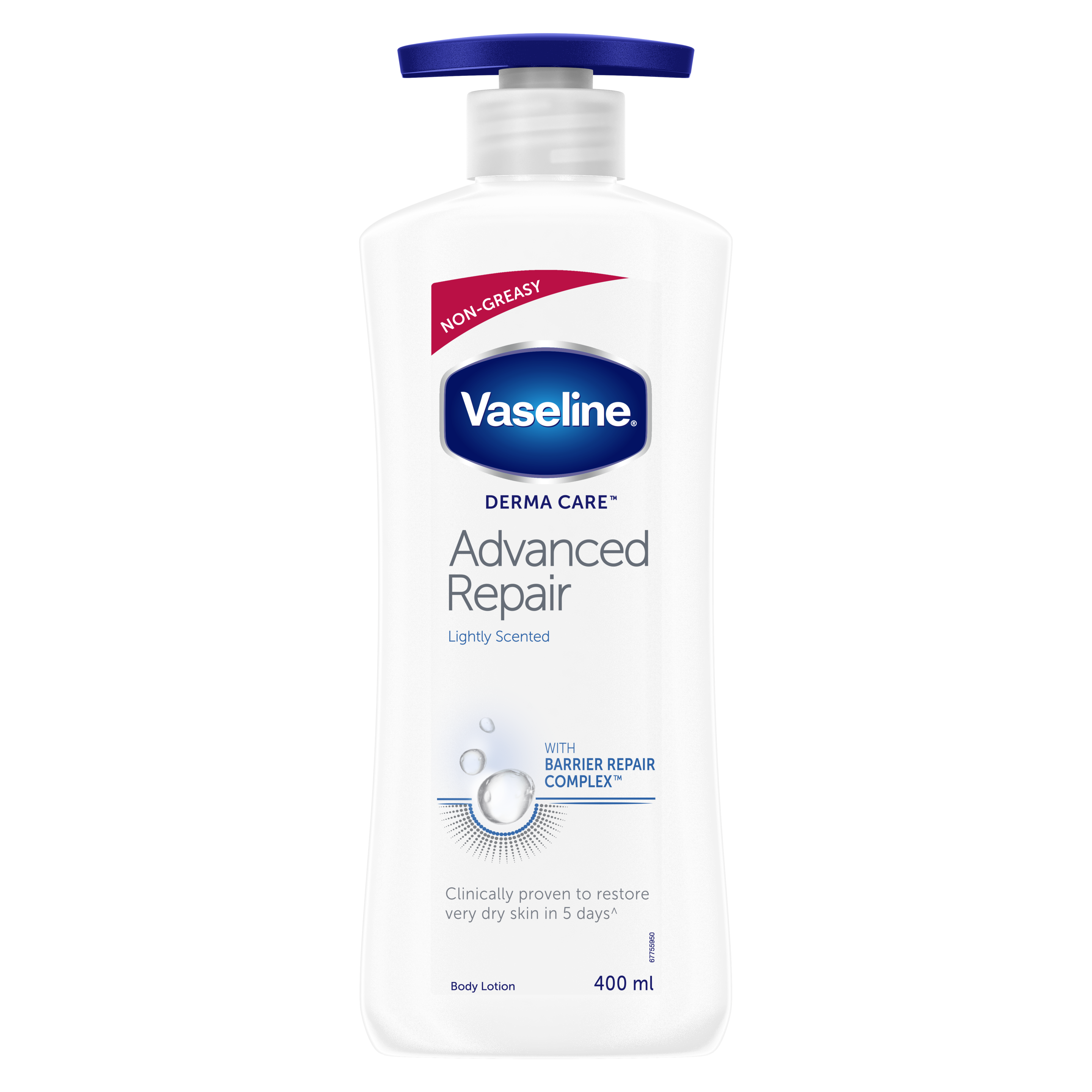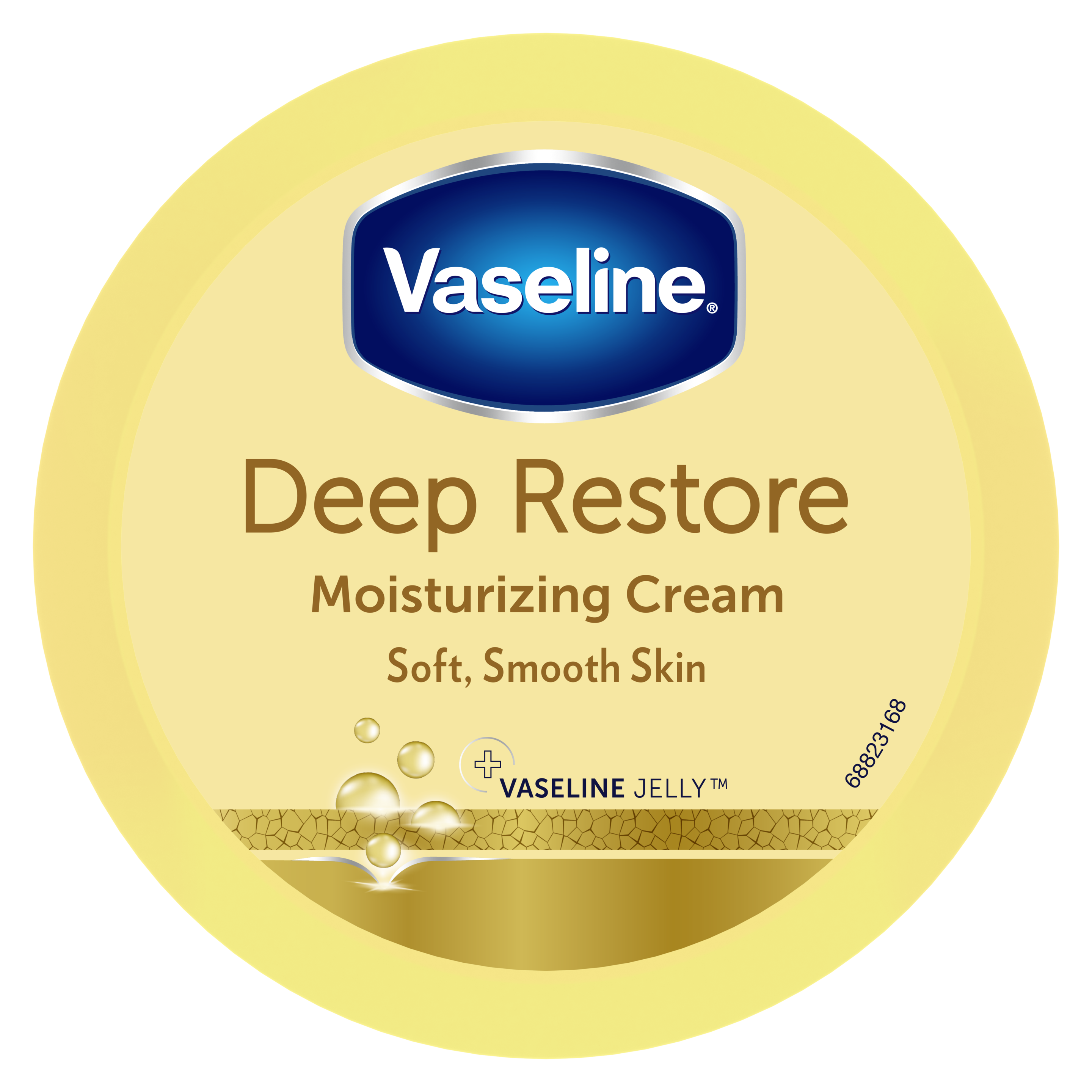Skip to content
How to spot and treat sensitive skin
What is sensitive skin & how do you know if you have it? This guide explains all you need to know about sensitive skin, with tips on how to deal with it.
The skin is the body’s largest organ. It acts as a barrier protecting our bodies from infections and the environment – so it’s important to keep it healthy. Unfortunately, certain skin issues are beyond our control and there is only so much we can do to prevent them, one of these is sensitive skin.
If you have been wondering “What is sensitive skin?” “What causes sensitive skin?” or “Do I have sensitive skin?” then read on for some information that you’ll likely find helpful.
1. How Do You Know if You Have Sensitive Skin?
Although studies¹ have shown that it is unclear what the actual difference is in the biochemical nature of sensitive skin and non-sensitive skin, there are possible explanations why some people report sensitive skin while others do not.
It is believed there a number of different causes of skin sensitivity. One of these is the dysfunction of the skin’s barrier function. When the skin barrier is not functioning properly moisture can escape leading to dryness, which then leads to skin sensitivity.
There may also be other triggers for sensitive skin, such as a reaction to certain chemicals or allergens and prolonged exposure to extreme weather conditions, which can damage skin. Women who are going through menopause can also be more prone to sensitive skin.
Many people self-diagnose sensitive skin, however always speak to a doctor or dermatologist to find out if other factors may be involved, such as allergies. Here are a few signs of sensitive skin:
- Mild skin reactions such as rashes, or raised bumps
- A tendency towards skin flushing red
- A frequent urge to itch – triggered by dry skin
- You suffer with skin reactions after you’ve been in contact with cosmetics, skin care products, or detergents
2. How to Treat Sensitive Skin
Consult your doctor to create the best approach for your sensitive skin. Some common tips are:
- Use Products Appropriate for Sensitive Skin – A common method used to reduce skin sensitivity is to use non-irritating products. It may be best to avoid harsh soaps, fragrances, and antibacterial products containing alcohol, as these may further irritate your sensitive skin. Choose mild, unscented or fragrance-free products and look for those labeled as hypoallergenic, indicating they have been tested for common reactions.
Tip: The best way to find out if a product is suitable for your skin is to do a patch test. Dab the product on your forearm or behind your ear and leave it on overnight. Repeat this process for several days and if there’s no reaction, you can start using the product elsewhere on your body. - Apply Moisturizer – Daily moisturizing can help to counteract the dryness that may make your skin prone to sensitivity – by giving the skin the essential moisture it needs. For sensitive skin, use a hypoallergenic moisturizer like Vaseline® Jelly Original. It’s recommended by dermatologists and has the seal of acceptance from the National Eczema Association which means it is appropriate for use by those with Eczema. Vaseline® Jelly creates a barrier that locks in moisture to help protect your natural skin barrier. Find out more about reducing dryness with our guide on how to get rid of dry skin.
- Wear Soft, Loose Clothing – Certain fabrics, as well as some skin care products can irritate sensitive skin. If you have sensitive skin you may benefit from wearing clothes made from smooth, soft, natural fabrics like cotton and silk. Loose fitting garments may also be less likely to cause irritation to the skin.
- Protect Sensitive Skin – Be sure to protect your skin in extreme weather conditions. Cover up with gloves and scarves in the winter, and wear a sunscreen with a Sun Protection Factor (SPF) of at least 30 all year round to prevent the signs of sun damage, which can lead to dryness and sensitive skin. Also do not over heat your home; instead keep it at a balanced temperature.
Living with sensitive skin doesn’t always have to be so difficult. Protecting your skin from the environment and common irritants on an everyday basis, as well as maintaining a good skin care regime can help to keep your sensitive skin under control. Always consult your doctor first as he or she can prescribe a treatment specifically formulated for your skin’s specific needs.
Expert Advice
The advice in this article does not constitute medical advice, it is solely available for information purposes.
1. Giacomoni, P., Maes, D., Mammone, T., Marenus, K., Muizzuddin, N., Pelle, E. and Sparacio, R. 2002. Sensitive Skin and Moisturization. In: James J. Leyden & Anthony V. Rawlings. ed. Skin Moisturization - Cosmetic Science and Technology Series, v.25. New York: Marcel Dekker, chp. 7, pp. 145-155
FEATURED PRODUCTS
- slide 1
- slide 2
- slide 3
- slide 4


